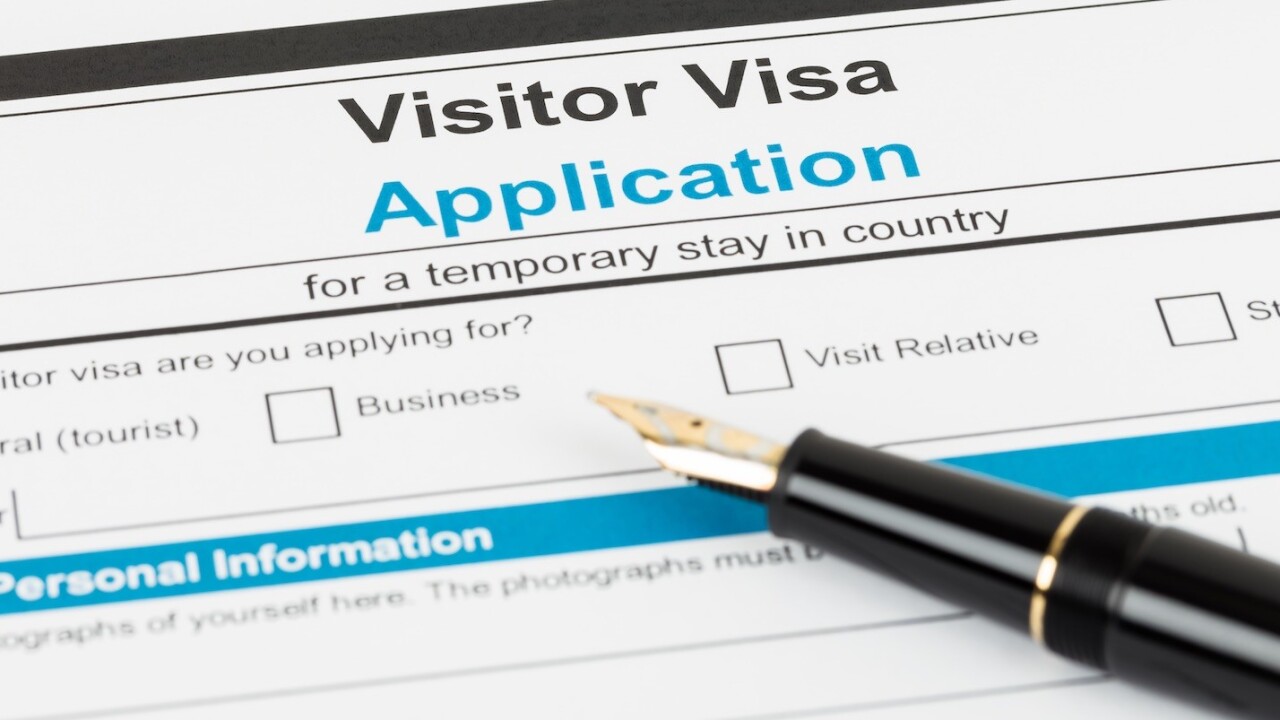
Over the weekend, US Citizenship and Immigration Services (USCIS) quietly slipped in new guidelines that preclude computer programmers from securing an H-1B visa.
For workers in specialty occupations, the H-1B visa allowed US companies to employ “graduate level workers” in certain fields. The bulk of these visas went to the tech segment but the architecture, finance, engineering, mathematics, and science fields also made liberal use of the H-1B.
Trump’s administration has made it clear that it’d prefer these jobs go to American workers. The move seems backs up statements about low- and mid-level American workers taking more jobs once reserved for those on an H-1B, while reserving the visa for highly skilled workers from abroad. Since the rule goes into effect before the 2018 visa lottery, the immigration guidelines could offer a dramatic shift in the way tech companies do business over the next few years — for better or worse.
Companies applying for a visa to relocate foreign computer programmers will now have to submit accompanying evidence proving the job is complex or specialized enough to require a professional degree. Should the pay not match the description of one requiring this level of specialization, it’ll be met with increased scrutiny and perhaps outright denial.
Fortunately, the move doesn’t seem to be going after the likes of Apple, Google, Facebook and others, all companies that routinely use the H-1B to bring the best talent from overseas into high paid positions in the US.
Instead, the language of the changes seem to reflect a desire to stop outsourcing companies from brining over highly educated workers and dropping them into menial jobs, like providing tech support.
It’s not a done deal, either. The possibility of lawsuits challenging the new guidelines is ever-present, and could lead to attorneys waging war on the grounds that USCIS didn’t provide sufficient notice before making the change.
via Axios
Get the TNW newsletter
Get the most important tech news in your inbox each week.




